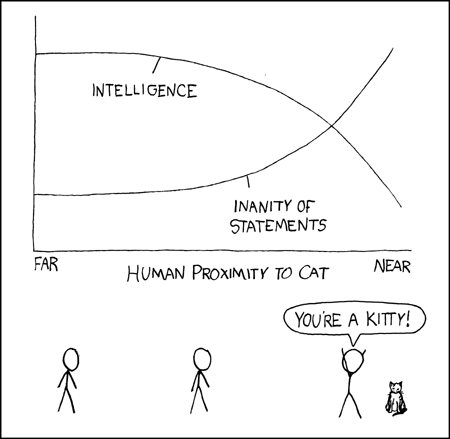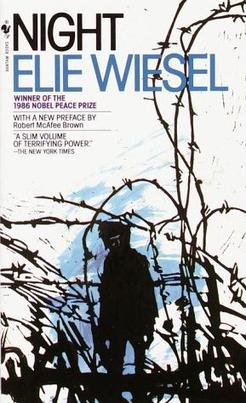This week may sound a little depressing, but we're all about cancer. We're reading Siddhartha Mukherjee's The Emperor of All Maladies. The book is called the biography of cancer, so one could safely assume that it's not the most uplifting book you've probably ever read in your life.
And while I usually reserve Tuesdays for something fun or something informative, recent events in my life have left me to use this day to make it a little more informative and public service announcement....ish.
Get regular screenings for cancer. If you're a woman you should be getting mamograms, if you're a man, get regular check ups for testicular and prostate cancer. Make sure you're telling your doctor about unusual symptoms that you have.
If your arm shakes uncontrolably one day, you might be tired. If it does it on a lot of different days, it might be a sign of something bigger. Unusual vison problems? Something else you should clue your doctor in about.
I'm not telling you to be paranoid (and I am also not a doctor so please do not take any of this as law. These are all just friendly suggestions that are probably a good idea), but regular check ups and yearly physicals aren't something to be blown off. They can help doctors discover things you may not have known about otherwise. Get that pap smear that you hate. It turns out it may just help prevent cervical cancer.
And while I usually reserve Tuesdays for something fun or something informative, recent events in my life have left me to use this day to make it a little more informative and public service announcement....ish.
Get regular screenings for cancer. If you're a woman you should be getting mamograms, if you're a man, get regular check ups for testicular and prostate cancer. Make sure you're telling your doctor about unusual symptoms that you have.
If your arm shakes uncontrolably one day, you might be tired. If it does it on a lot of different days, it might be a sign of something bigger. Unusual vison problems? Something else you should clue your doctor in about.
I'm not telling you to be paranoid (and I am also not a doctor so please do not take any of this as law. These are all just friendly suggestions that are probably a good idea), but regular check ups and yearly physicals aren't something to be blown off. They can help doctors discover things you may not have known about otherwise. Get that pap smear that you hate. It turns out it may just help prevent cervical cancer.






















